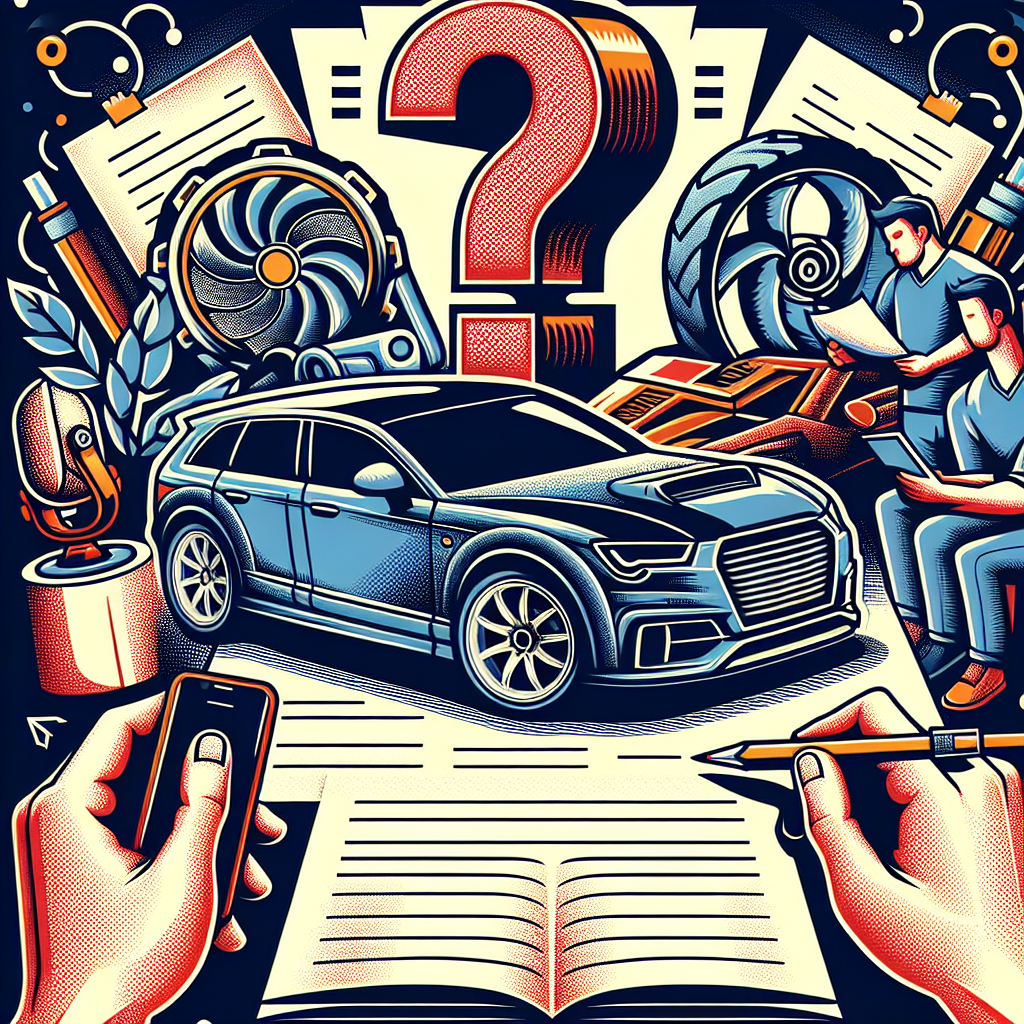Porsche’s next Taycan gets an infotainment upgrade — but no new CarPlay - The Verge | Analysis by Brian Moineau
Revving Up the Infotainment Game: Porsche's 2026 Taycan and the Age of Intelligent Autos
In a world where the line between automobiles and technology continues to blur, Porsche is shifting gears with its 2026 Taycan, 911, Panamera, and Cayenne models. The German automaker is set to launch a revitalized infotainment system, featuring Apps and Alexa integration. While it's a leap forward in the quest for a more connected driving experience, some enthusiasts might be left pondering why the new CarPlay hasn't made the cut.
Porsche, a brand synonymous with luxury and performance, is no stranger to innovation. The introduction of Alexa, Amazon's virtual assistant, into its lineup is a testament to the growing trend of voice-activated technologies in vehicles. As smart home devices become more prevalent, it was only a matter of time before the automotive industry followed suit. Alexa's integration will enable drivers to control their smart home devices, check the weather, or even manage their shopping lists—all without taking their hands off the wheel or their eyes off the road.
This shift towards a more digital driving experience is not just a Porsche phenomenon. Across the industry, manufacturers are racing to enhance their infotainment systems, often serving as a battleground for technological supremacy. Take Tesla, for instance, which has been a pioneer in equipping its vehicles with large touchscreen displays and over-the-air updates that keep their software fresh. Similarly, Ford's partnership with Google to infuse its vehicles with Android's ecosystem speaks volumes about this tech-driven arms race.
However, Porsche's decision to sidestep a new CarPlay integration raises questions. Apple's CarPlay is a beloved feature for many drivers, offering seamless connectivity to iPhones. It's possible that Porsche is holding its cards close to its chest, perhaps waiting for a more robust version of CarPlay, rumored to feature deeper integration with car hardware, to emerge.
The timing of Porsche's announcement is intriguing, given the broader context of the automotive world. We're witnessing an era where electric vehicles (EVs) are no longer niche, and autonomous driving is no longer a distant dream. As EV giants like Tesla, Rivian, and Lucid Motors continue to make headlines with their cutting-edge innovations, Porsche's move is a strategic effort to remain competitive in this rapidly evolving market.
Moreover, the inclusion of Alexa could be seen as a strategic alignment with Amazon, a company that has ventured into the auto industry through partnerships with companies like Rivian, to whom it has supplied delivery vans. This alliance hints at a future where automotive experiences are fully integrated with our digital lives, making the transition between home and car virtually seamless.
As we steer into this new frontier of intelligent automobiles, one can't help but wonder what the future holds. Will we see cars that are not only smart but also capable of learning and adapting to our habits? Perhaps the infotainment systems of tomorrow will be powered by AI, predicting our routes, preferences, and needs before we even realize them ourselves.
In conclusion, Porsche's infotainment upgrade is a reflection of the broader technological renaissance within the auto industry. While some may lament the absence of a new CarPlay, the integration of Alexa is a promising step towards a more connected and intuitive driving experience. As technology continues to accelerate at breakneck speed, it's an exciting time to be both a driver and a tech enthusiast. Here's to the road ahead—may it be as smart as it is thrilling.
Read more about AI in Business

